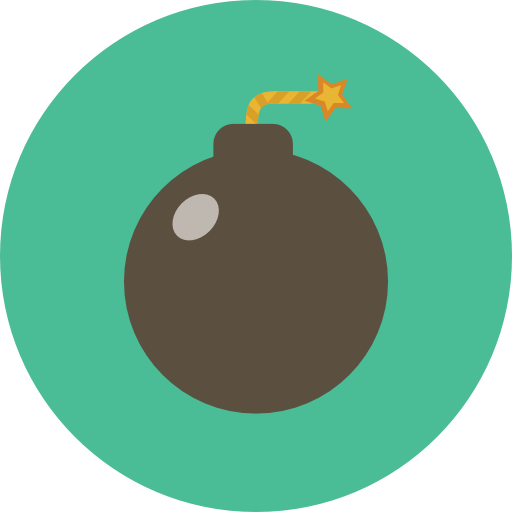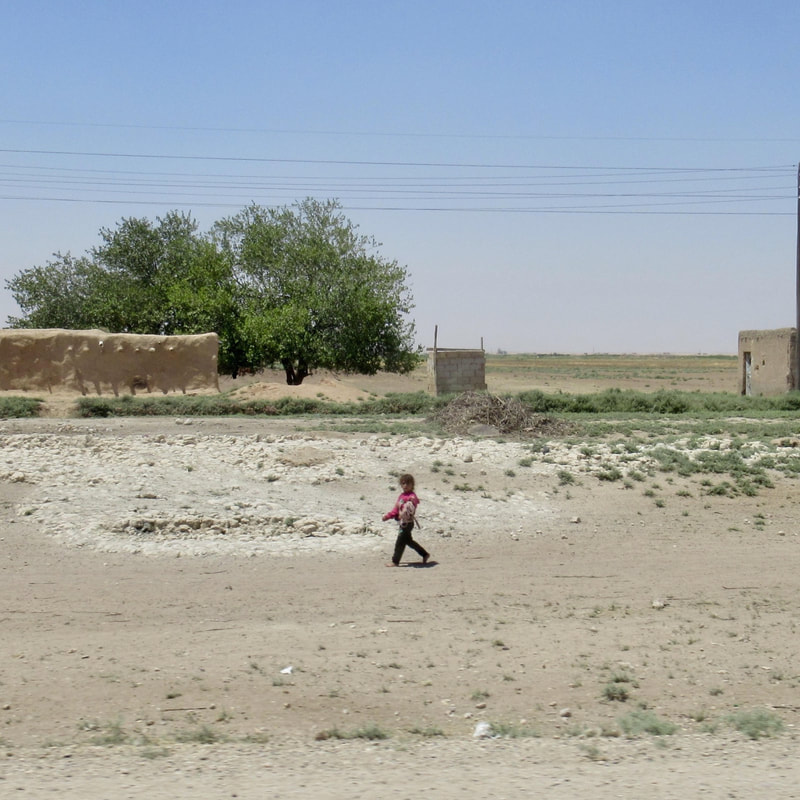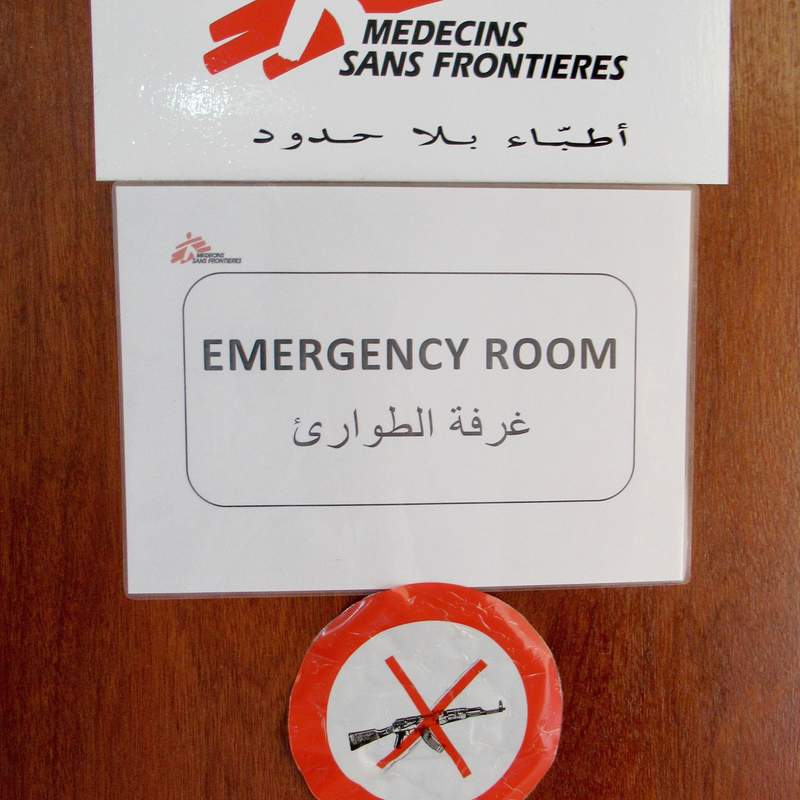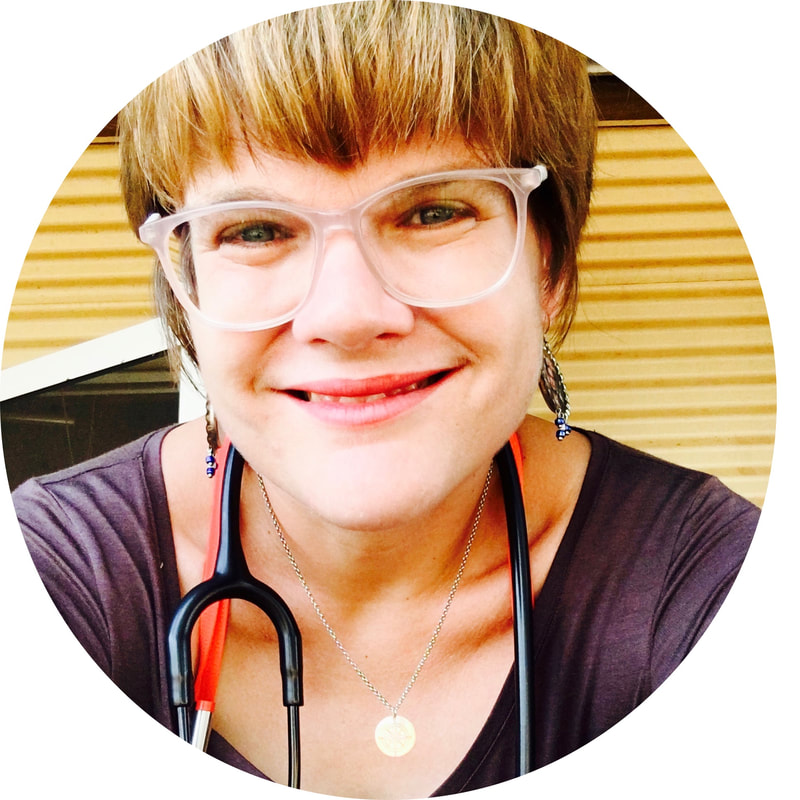Except when they are.
The message came at 1739 hours from our Advanced Medical Post (AMP).
According to Google Translate,
[Patient name]
2 years
Mine achievement
The situation is bad
SA 1730
Car no. 2
A mine explosion
Two minutes later:
[Three patient names]
Very bad cases
A mine explosion
Car 1
SA 5:30
Bad conditions
As the co-ordinator of pre-hospital care I remained at home, making calls, vastly appreciating real life translators and wondering how Google Translate managed to turn Arabic messages into:
I sent the same car number
Doubt broken hand
With blurred bursts
From his sorrow to a white hill.
In dribbles, versions and segments, I learned the stories the next day.
There were nine patients in total. Eight from one blast and one from a second blast.
Eight from one blast? Our project co-ordinator had questioned as the information came in. That’s unusual.
A child aged about seven was playing with some metal. I wonder what it was in his imagination? Did he mumble to it and pull it in the dirt or grass like your children do?
The ‘toy’ had been in the house for four days when the child decided to take it apart.
It exploded inside the family home. The child whose toy it was arrived in the worst condition. He was in the first car. He needed airway support from the emergency team. His abdominal organs were visible when he was viewed from behind. He didn’t survive.
His younger sister lost a hand. The general surgeon spent hours removing shrapnel pieces from his older brother’s bowel.
The child who had bowel surgery will probably lose both legs, my colleague commented over breakfast the next day. We had to prioritise what would save his life.
He didn’t lose both legs. He lost one. And he died.
Five other family members were injured in the same blast.
The ninth patient arrived alone.
She and her sister and returned to their family home three days previously. This was the fourth day of cleaning their home - they thought - post war.
Our patient’s sister's cleaning efforts had brought her to the bedroom. She pulled back the covers. A bomb exploded.
They had to leave her, but she wasn’t dead, one of our liaison staff explained to me. But they could not save her and the sister had a chance.
The de-mining organisation on our contact list are kept busy in northern Syria.
A school amidst a thriving, returning community was found littered with bombs.
They can be anything, a colleague explains. Often a soft toy. I’ve even seen one as a camera.
A translator shakes her head. There are presents for us everywhere.
The war has passed through this town and now continues in Raqqa.
Or has it? Unexploded ordinances are not toys. Don’t walk on the dirt.
| Amy Neilson trained as an Australian generalist, obtaining Fellowship of the Australian College of Rural and Remote Medicine (FACRRM) with Advanced Specialised Training in Emergency Medicine and Fellowship of the Australasian College of Tropical Medicine (FACTM). In Australia, she works as a rural or remote emergency doctor, and holds specialist general practice registration. Amy's interest is in the optimal delivery of health care to complex populations in great need and in the ethics of the delivery of this care. Amy worked in Sierra Leone with the International Federation of the Red Cross during the 2014-2015 Ebola outbreak. She has since worked with Médecins Sans Frontières in Lebanon, South Sudan and Syria. |





 RSS Feed
RSS Feed
